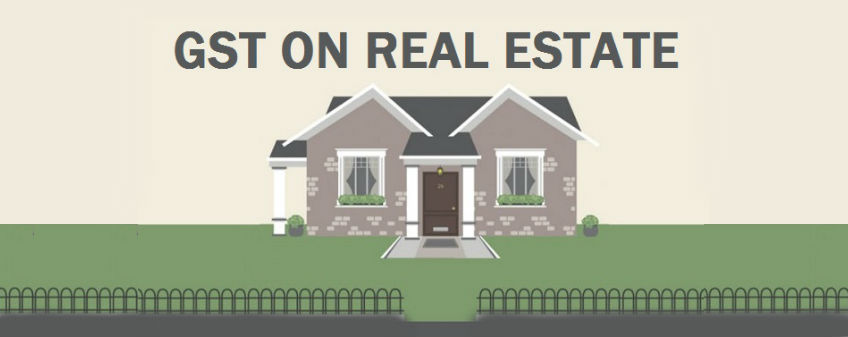In 2017, the performance of the real estate market was insipid as compared to the past 4-5 years. During the past decade, Real Estate was one of the top choices for investors to invest their money in. But due to demonetization in India, the real estate sector has been affected hard and has seen a dip in sales. In 2017, the industry saw approximately 50% dip in sales as compared to 2016.
But to cheer up investors and homebuyers here is some good news: Real Estate industry will be back on track in 2018 as predicted by the experts. The reasons for this are:
Real Estate regulatory law:
The Central Government announced a Real Estate regulatory law last year, stating that a limited one- year extension on the completion deadline under the Act was compulsory rather than optional. This law will force the builders to deliver the projects on time and the delay in the delivery of the projects will end. Therefore, the homebuyers can rest assured that the projects will be delivered on time as promised by the developer.
Buyers can get loans at cheaper rates:
The government of India declared that people with an annual income of up to Rs. 18 Lacs will be eligible for loans at a lower rate to build or buy a house of up to 1500 sq ft; the restriction which was previously limited to 1100 sq ft. And those with an annual income of up to Rs. 12 Lacs can buy or build a home of 1200 sq. Ft; which was previously restricted to 900 sq ft.
Improvement in Infrastructure of Delhi – NCR
With the development of many metro stations and corporate offices, especially in Noida, a lot of potential investors are looking forward to investing in property in Delhi – NCR as it is predicted to provide great returns on their investment in the near future.
With these factors into consideration, many experts claim that the real estate industry will be back on track in 2018 and it will be a good time to invest in property.

